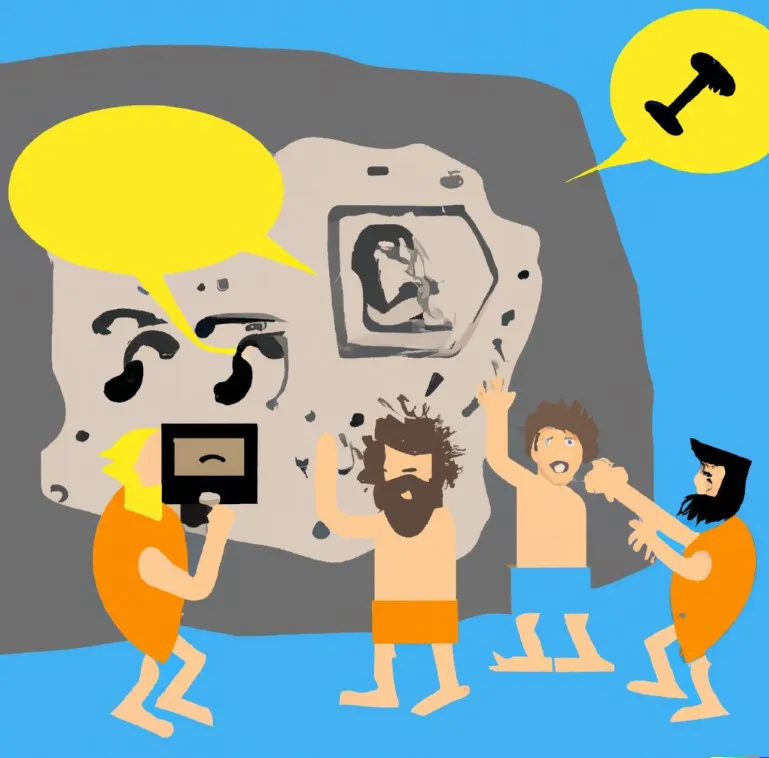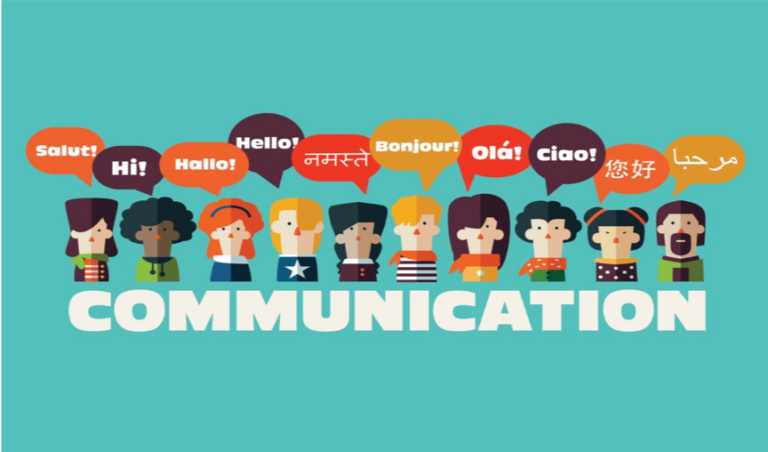Learning a second language knows many advantages. It boosts brainpower, improves memory, the ability to multi-task, sharpens the mind, and keeps the mind sharp for longer, which is only the tip of the iceberg. There are many more advantages of learning a second language to you as a person, and also for the company you work for. Speaking the language of the foreign target audiences will benefit the company you work for enormously.
But for most people, learning a new language is a big struggle. This article will discuss how to learn any language in half a year, mainly based on the Ted talk of Chris Lonsdale. It took you probably about six years to become fluent in your native language. However, Mr Lonsdale claims that by following the five principles and seven actions, he describes you will be able to learn a language in six months.

False theories about learning a second language
Two perceptions need to be disproved before we continue to the five principles.
Is Being bilingual a talent?
Firstly, you do not need talent to be able to learn new languages. Humans are created to communicate through language. Anyone can learn a second language. You just need to overcome your challenges. Bruce Lee once said: ”We are told that talent creates opportunities, yet it is desire that creates talent.”
Why immersion is important for language learning?
The second perception is that immersion on its own will let you learn a language. Many foreigners do not speak the language of the country they live in for many years. As Chris Lonsdale stated: ”A drowning man cannot learn to swim.”. This does not mean that immersion will not help you learn a language, but there is more to it. For instance, school trips abroad can provide a structured and supportive form of immersion. Allowing students to practice the language in real-life contexts while still having guidance and encouragement from teachers and peers. This balance helps learners engage actively and confidently, making immersion more effective.
Five principles to keep in mind when learning a new language
Below are five principles described you have to consider when you start learning a new language. You would not have considered the importance of some of them before reading.
1. Focus on language content that is relevant to you
You should be learning words relevant to you, your personal goals, and your survival. You will be much more likely to remember these words than other words you will try to learn.
2. Use your new language as a tool to communicate from day one
When you use the words you have learned right from the start, you will be more likely to keep these words in your head, and you will likely learn new words as you communicate with someone. You can try to learn a language for years, but it will be tough to become fluent in it without actually using it. Besides, if you need to do something or feel pressure, you are much more likely to learn something successfully.
3. When you first understand the message you will unconsciously acquire the language
The comprehension Input Approach is a proven better way to learn a language than the Grammar Focus Language Teaching. Mr Lonsdale claims that you will learn the language unconsciously if you understand the message. You need to practice the language, not just from books but also in the real world, which leads to the fourth principle.
4. Physiological training
If you do not practice listening to a language and understanding what people are saying, you will not be able to communicate to people in that language face to face. Additionally, if you do not practice speaking a language, your face muscles will not be able to make the right sounds or will start to hurt if you make the new sounds for some time. So, practice is key!
5. Psycho-physiological state matters
Your emotional stage is crucial when you want to learn a new language. If you are angry, upset, annoyed or grumpy, you will learn a language much slower than when you are in a good mood and curious about the language. Besides, it is essential that you tolerate ambition. You will not be able to understand every word at the beginning of your learning process, and you have to accept that; otherwise, you will go crazy.
Seven actions to learn a language
Below, the seven actions you should take to learn a language in a rapid tempo are stated and described.
1. Listen a lot (brain soaking)
The third action is about mixing words you know to make different phrases. When you have learned some verbs, nouns and adjectives, you can make many possible phrases. Start mixing those verbs, nouns and adjectives and be creative. It does not have to be perfect at the start as long as it is effective and people understand what you mean.
4. Focus on the core
We just mentioned that you could make many different phrases by learning some words. But did you know that 1000 words cover 95% of the language in English and 3000 words cover 98% of the language? This is not only the case in the English language. Therefore, you should be focussing on the core words in a language. Start simple with words like you, that, me and give, for example. A week later, you can start learning glue words, like but, and, and even though to make sentences are bring meaning to them.
5. Get a language parent
The fifth step is to find yourself a language parent. The function of a language parent is similar to the parent of a child who learns to speak. A language parent creates a safe environment to start speaking the language you are learning and gives confidence. A language parent talks in body language, and simple language just like the parent of a child does. It is essential that your language parent does not correct your mistakes but instead confirm what you are trying to say with correct language by using primarily words you already know.
6. Copy the face
The sixth action is about mimicking the face of someone who speaks the language you are trying to learn. You can watch videos, for example, to see how native speakers use their faces when speaking. As mentioned before, you have to train the muscles in your face to make the right sounds. Mimicking is a very effective way to learn how to pronounce letters and words.
7. “Direct connect” to mental images
Many people try to memorise things by repeating them over and over again. However, this is not effective. The seventh action is to connect vocabulary to images, a functional strategy. You can also try to connect new words to your own experiences and emotions. This way of learning is much more efficient.
Conclusion
To conclude, you can follow these actions and principles to learn a language quickly. However, many experts question Mr Lonsdale’s claims. Learning a language within six months is extremely fast, but who knows, maybe with Mr Lonsdale’s tips, you can prove them wrong.





